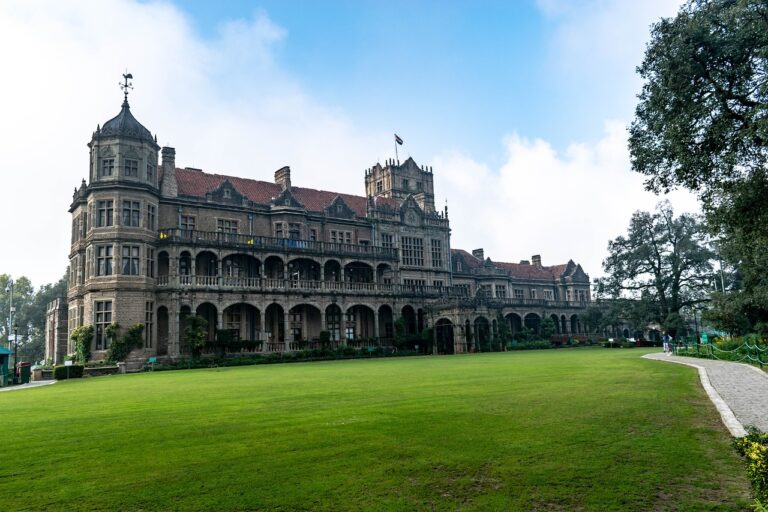Ensuring the Integrity of Election Observation Processes
11xplay registration, laser 247com, tiger exchange 247 vip login:Ensuring the integrity of election observation processes is crucial in guaranteeing free, fair, and transparent elections around the world. Election observation plays a vital role in monitoring elections and ensuring they are conducted in a credible and impartial manner. It helps to promote democracy, enhance public confidence in the electoral process, and prevent fraud and irregularities. In this blog post, we will explore the importance of maintaining the integrity of election observation processes and provide practical tips on how to achieve this goal.
The Role of Election Observation
Election observation involves monitoring the entire electoral process, from the pre-election phase, including voter registration and candidate nomination, to the polling day itself and the post-election period. Observation missions are typically carried out by international organizations, such as the United Nations and the Organization for Security and Cooperation in Europe (OSCE), as well as domestic observer groups and civil society organizations.
The primary goal of election observation is to ensure that elections are conducted in accordance with national laws and international standards for democratic elections. Observers assess the fairness and transparency of the electoral process, including the registration of voters, the campaigning activities of political parties, the voting and counting processes, and the resolution of disputes and complaints.
Maintaining Integrity in Election Observation
To ensure the integrity of election observation processes, it is essential to adhere to a set of best practices and principles. These include:
1. Independence: Election observers must maintain their independence and impartiality throughout the observation process. They should not have any conflicts of interest or affiliations with political parties or candidates.
2. Transparency: Observers should be transparent in their activities and methodologies. They should provide regular updates on their findings and conclusions and make their reports publicly available.
3. Professionalism: Election observation missions should be conducted by trained and experienced observers who are knowledgeable about election laws and procedures. Observers should adhere to a code of conduct and ethical guidelines.
4. Non-interference: Observers should refrain from interfering in the electoral process or influencing the outcome of the election. They should only observe and report on what they have witnessed.
5. Impartiality: Observers should remain neutral and unbiased in their assessments. They should base their findings on facts and evidence, rather than personal opinions or political preferences.
6. Cooperation: Election observation missions should work closely with electoral authorities, political parties, civil society organizations, and other stakeholders to ensure a collaborative and inclusive approach to monitoring elections.
By following these principles and best practices, election observation missions can help to safeguard the integrity of the electoral process and promote the credibility of elections.
Practical Tips for Ensuring Integrity
To ensure the integrity of election observation processes, there are several practical tips that observers can follow:
1. Conduct thorough training for observers to ensure they are familiar with election laws and procedures, as well as the mission’s mandate and objectives.
2. Develop a comprehensive observation plan, including clearly defined roles and responsibilities for all members of the observation team.
3. Establish clear communication channels and protocols for sharing information and coordinating activities within the observation mission.
4. Implement robust data collection and analysis techniques to ensure the accuracy and reliability of observation reports.
5. Monitor the media environment to assess the fairness and impartiality of election coverage and identify any instances of disinformation or propaganda.
6. Engage with local communities and stakeholders to gather diverse perspectives and feedback on the electoral process.
7. Maintain a presence at polling stations on election day to monitor the voting and counting processes and address any irregularities or violations.
8. Document and report any incidents of fraud, intimidation, or violence that may impact the integrity of the election.
By following these tips and guidelines, election observers can contribute to the credibility and fairness of elections and help to promote democracy and good governance.
FAQs
Q: What is the difference between international and domestic election observation missions?
A: International observation missions are typically organized by international organizations or groups of countries and involve experts and observers from multiple countries. Domestic observation missions are conducted by local organizations and individuals within a country.
Q: How long do election observation missions typically last?
A: Election observation missions can vary in duration depending on the scope and complexity of the electoral process. Some missions may last a few days, while others may extend for several weeks or months.
Q: How are election observation reports used?
A: Election observation reports are used to assess the credibility and transparency of elections, identify areas for improvement in the electoral process, and make recommendations for future elections. Reports may be shared with electoral authorities, government officials, political parties, and civil society organizations.
Q: Can election observers intervene in the electoral process?
A: Election observers are not authorized to intervene in the electoral process or influence the outcome of the election. Their role is to observe, document, and report on the conduct of the election in an impartial and unbiased manner.
Q: How can I get involved in election observation?
A: There are several ways to get involved in election observation, including volunteering with local observer groups, participating in training programs for election observers, or applying to join international observation missions organized by organizations such as the UN or OSCE.
In conclusion, ensuring the integrity of election observation processes is essential for upholding the principles of democracy and promoting free and fair elections. By following best practices and principles, election observers can play a vital role in monitoring elections and holding governments and electoral authorities accountable for their actions. Through transparency, independence, and professionalism, we can help to safeguard the integrity of the electoral process and ensure the voices of voters are heard.







